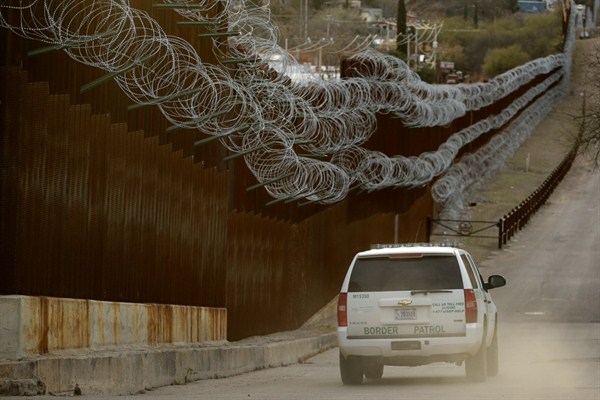There has been much to criticize about President Donald Trump’s handling of America’s national security, including his recent declaration of a national emergency on the southern border. But while that declaration might be misguided, Trump has been right about one thing: The United States has never developed an effective strategy for the actual security challenges south of the border.
Since the United States became a global power in the 20th century, it has used a sequenced method for addressing emerging threats—first building an understanding of them, then developing a working consensus among security experts and political leaders, and then relying on the military to develop strategic concepts, capabilities and plans. This was the approach during the Cold War and after 9/11, but it has never taken place for the security challenges from the south—mainly an influx of narcotics and related crime.
To an extent, this gap is because of the intricate complexity and multidimensional nature of the problem on America’s southern border. Its roots are the country’s insatiable demand for narcotics, which violent criminal cartels have thrived on, growing rich and powerful enough to challenge national governments in Guatemala, El Salvador, Honduras and Mexico. Against narcotrafficking gangs and cartels, these governments—already hobbled by corruption—have proven unable to provide adequate security and economic opportunity for their people. The resulting crime and violence have driven waves of people from the region, heading north to the United States for security and a chance at a job.

